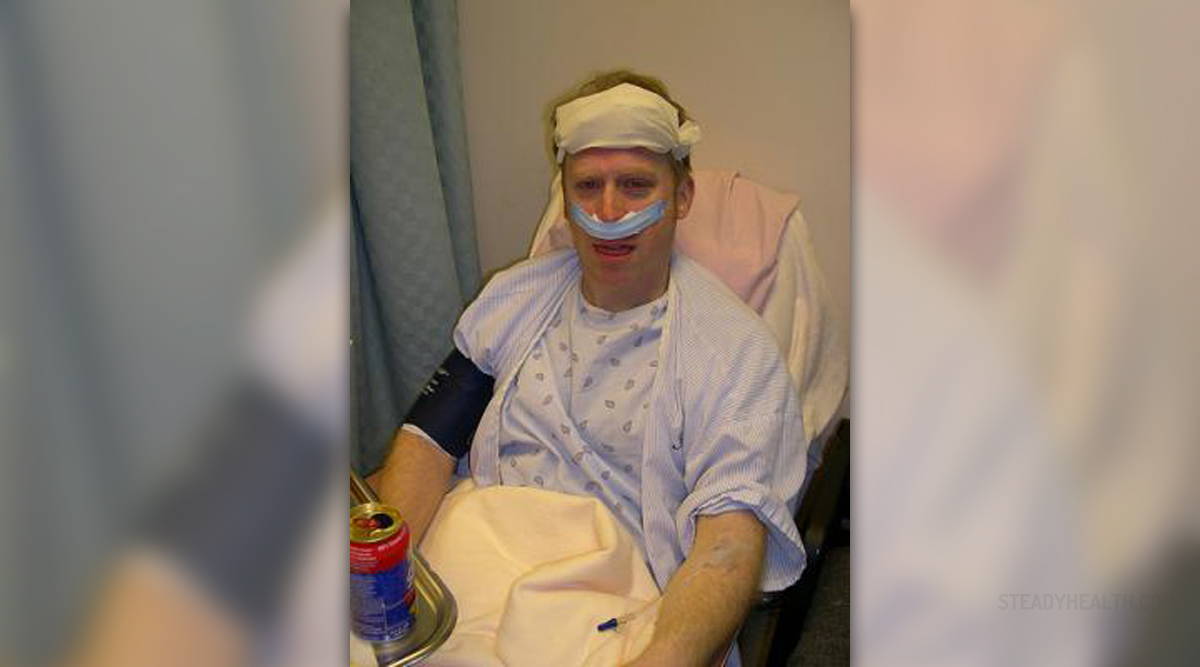
Sinus infection (especially a chronic one) as well as other problems with sinuses are a reason for people to opt for sinus surgery. The problems may have been treated conservatively for a longer period of time but with poor results. This is why doctor may recommend surgery for chronic sinus problems. Chronic sinus infection is associated with chronic cough due to persistent drainage from the affected sinus. Furthermore, patients complain about repeated or chronic headaches and generally may have breathing difficulties.
General Information about Sinus Surgery
There are different types of sinus surgery. Functional endoscopic surgery is non invasive procedure during which a surgeon uses a guided tube. The tube is inserted into sinus cavity through the nose. This way the doctor gets a suitable insight in the inner surface of the sinus and can perform desirable corrections and excision. This type of surgery is associated with little swelling and mild discomfort. Endoscopic surgery is not extensive and can be performed on an outpatient basis.
Furthermore, image guided surgery is performed in case the affected sinus is close to the brain, eyes or major arteries. This type of sinus surgery is usually performed in severe form of the disease. It requires CT scan which provides proper visualization of the inside of the sinus and nearby structures.
Another type of sinus surgery is Caldwell Luc surgery. This is more complex surgery with longer recovery time. Caldwell Luc surgery is performed in patients suffering from chronic inflammation of the maxillary sinus.
It is essential to consult a doctor and see what are the benefits of the surgery and what risks it carries. The doctor will also recommend the most convenient surgical procedure depending on the underlying cause, patient's general health and several more factors.
After Sinus Surgery Procedure
After sinus surgery patients usually feel fatigue. This is a normal body reaction and requires taking the time off from work and proper rest. It is essential to take plenty of fluids after the surgery and prevent dehydration. Pain killers are prescribed in order to alleviate the pain. Swelling withdraws spontaneously. The amount of swelling depends on the type of surgery. Some patients complain about the need to sneeze. This urge can last a few days after the surgery and is uncontrollable.
Many patients are quite satisfied with the results of the sinus surgery. They start breathing normally and majority of symptoms withdraw permanently. This particularly refers to postnasal drip caused by chronic sinus drainage and irritating cough.



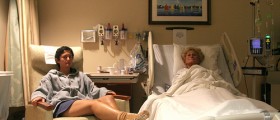
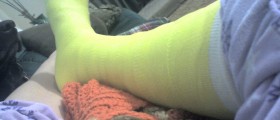


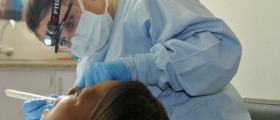

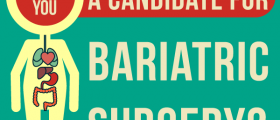
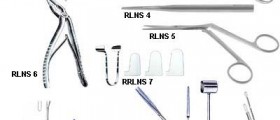






Your thoughts on this
Loading...